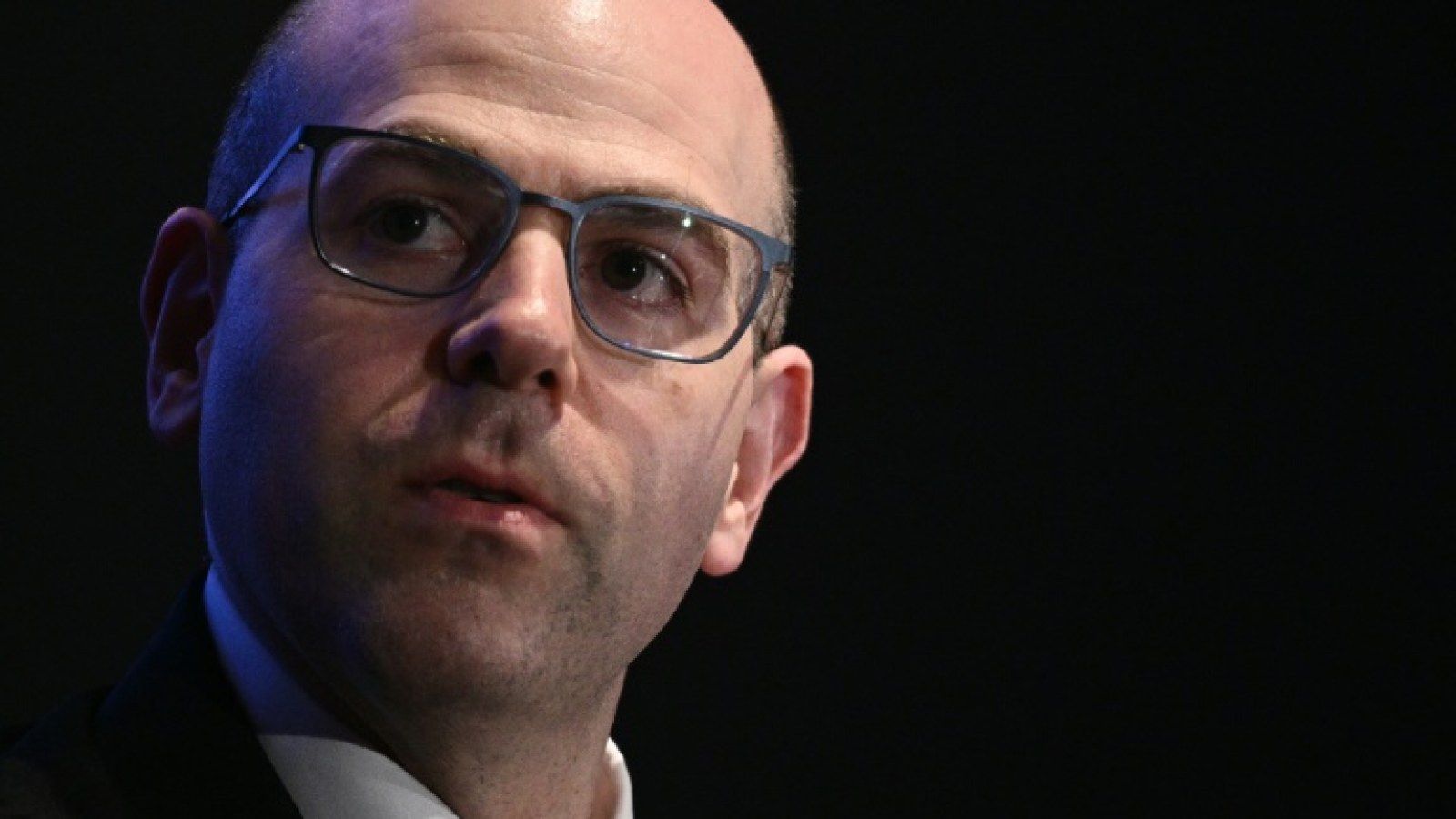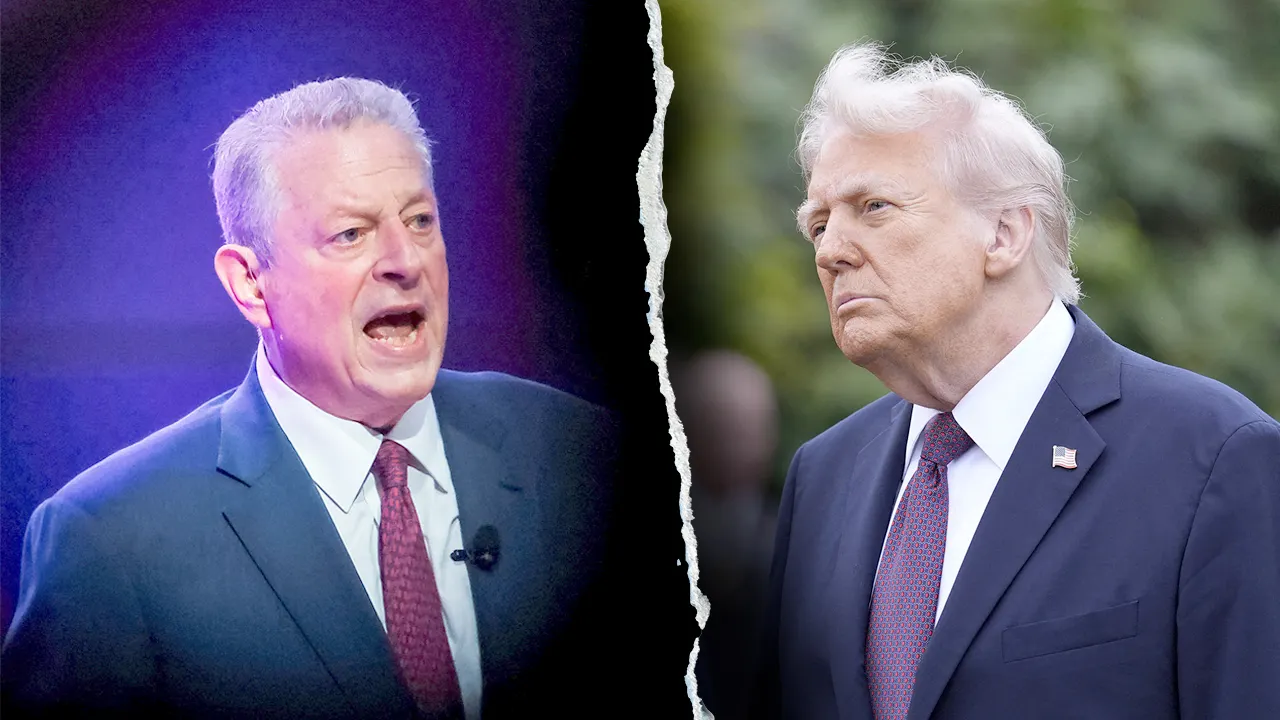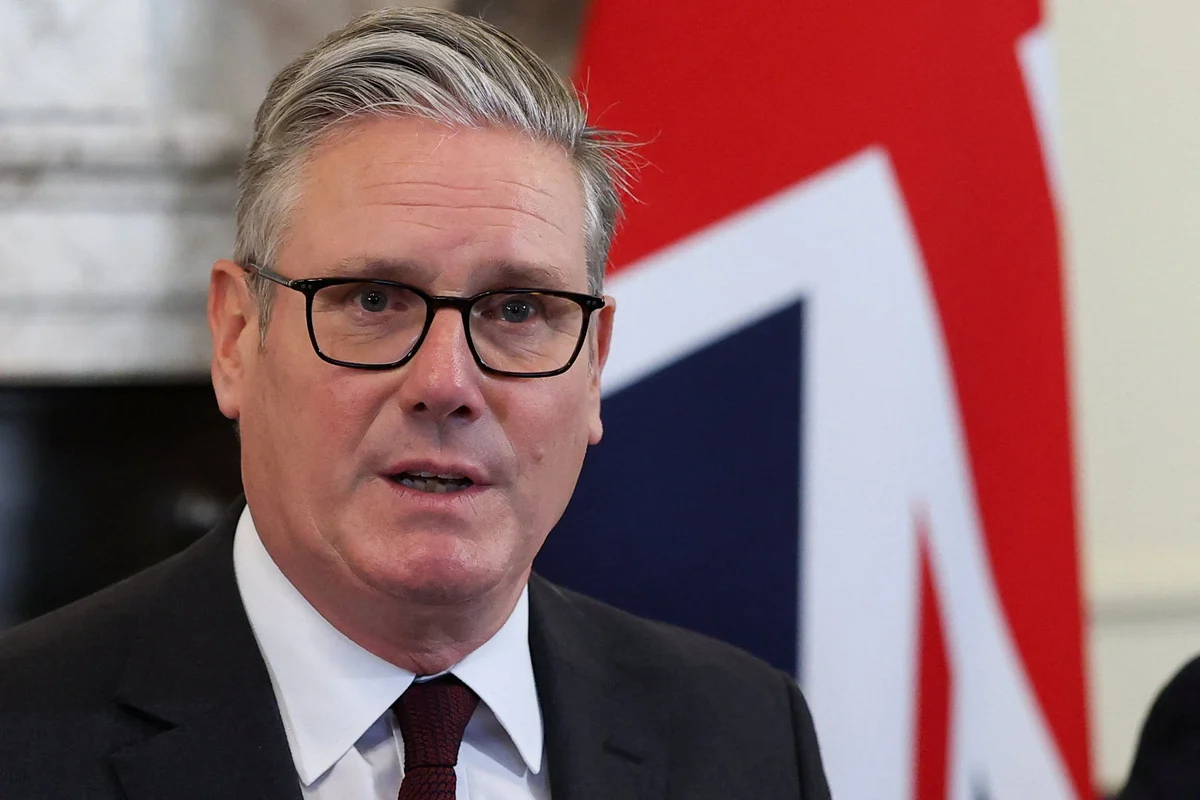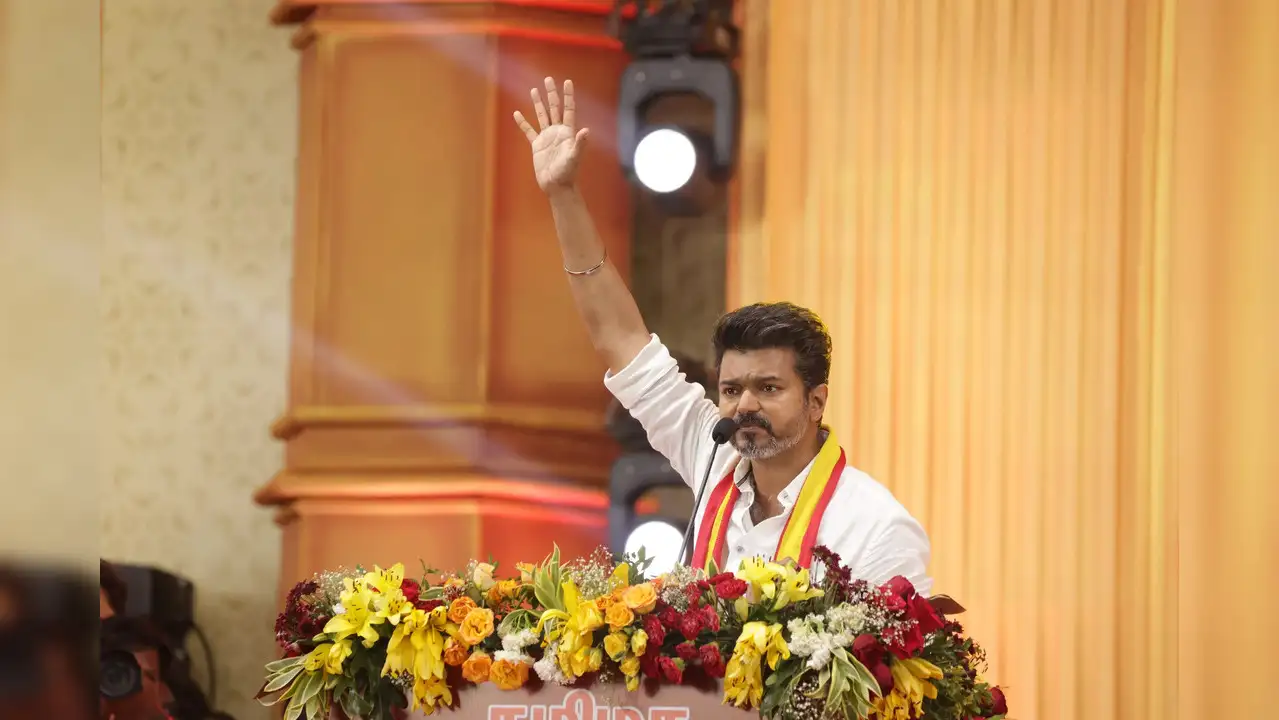Opinion | India Deserves Clean Politics But Not At The Cost Of Judicial Propriety Or Democratic Stability
By News18,Pavan K Varma
Copyright news18
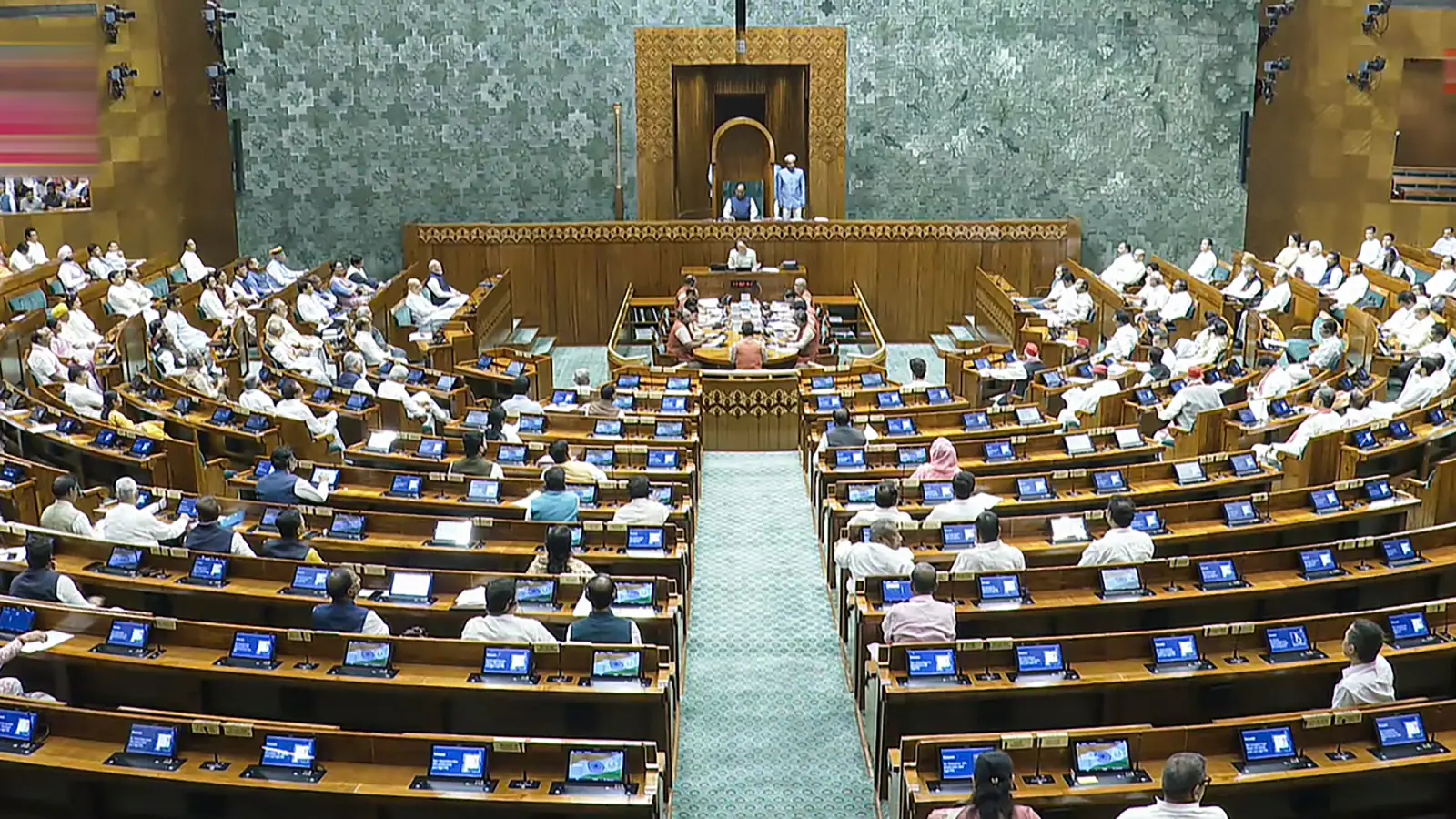
The Indian Republic is an idea forged not only in the crucible of colonial resistance but also in the aspiration for moral and constitutional rectitude. From the Constituent Assembly debates to the hallowed pages of the Indian Constitution, there was a deeply embedded desire that the new nation should not merely change rulers but redefine the ethics of rule itself. Against this historical backdrop, the recent proposal to remove from office a Chief Minister or the Prime Minister if they spend 30 consecutive days in jail invites both serious reflection and spirited debate.
At first glance, the proposed legislation appears to be a long-overdue attempt at restoring probity in public life. For too long, Indian politics has suffered from what Dr Rajendra Prasad once warned against—the decoupling of morality from public office. Today, it is not uncommon for individuals facing serious criminal charges to not only contest elections but occupy high constitutional posts. Indeed, the data is both staggering and troubling. According to the Association for Democratic Reforms (ADR), as of 2024, nearly 43 per cent of sitting MPs faced criminal cases, a significant number of which pertained to serious offences.
In such a context, the proposed law may be seen as a welcome attempt to draw a line in the sand—to affirm that political office cannot be a shield against the consequences of criminal behaviour. But as with all such legal interventions, the devil lies in the details, and the dangers, as well as the desirability, must be assessed seriously.
At one level, the law aligns with the fundamental ethos of a democratic republic: that no individual, however powerful, is above the law. The law does not distinguish between a street vendor and a prime minister in its operation, and any attempt to claim immunity from its processes is an affront to constitutional morality. Moreover, the law intends to serve as a deterrent. In today’s political culture, where criminality and politics often go hand-in-hand, such legislation could act as a bulwark against the normalisation of criminal elements in positions of authority. There is also the matter of governance. How can a Chief Minister, or the Prime Minister for that matter, function effectively while incarcerated for a month or more? The administrative paralysis that could result is not merely symbolic—it could have real consequences for the functioning of the state, affecting policy continuity, national security, and international credibility.
However, as much as one may admire the supposed moral idealism behind the proposed law, there is reason to approach it with great caution. Indian jurisprudence is built upon the principle of innocent until proven guilty. If the proposed law seeks to remove elected leaders merely upon incarceration—and not conviction—it could open the doors to misuse.
The 30-day threshold does not account for the possibility of politically motivated arrests. In India’s adversarial political climate, it is not inconceivable that state machinery could be deployed to target rivals. A law that allows removal from office on the basis of detention rather than conviction risks becoming an instrument of political vendetta rather than justice.
The CBI, ED, and other central agencies have frequently been accused of selective action, more enthusiastic in pursuing opposition leaders than those in government. In such an environment, granting legal sanction to dislodge a democratically elected leader based on pre-conviction incarceration could destabilise the democratic order and render electoral mandates meaningless. This is especially so given the existence of several draconian laws, such as the UAPA and the PMLA, in which arrest without warrant is permissible, and even bail is often insurmountably conditional. With this, we cannot ignore the question of judicial delay. Indian courts are not known for expeditious delivery of justice. There are politicians who have languished in judicial custody for months—sometimes years—before charges were proven or disproven. Would such a law then allow for governments to be dismantled before legal guilt is established? This is not merely a legal question but a constitutional one.
The challenge, then, is to find a solution to the abhorrent nexus of crime and politics, which talks of larger reform and allows for strict and timely judicial review of arbitrary or motivated executive action. Unless the independence and transparency of investigative agencies like the CBI and ED are insulated from political interference, the danger of malicious targeting is a genuine apprehension. The proposed law appears on the surface to be well-intentioned, but in the light of past practices of vendetta politics, it could become a sword that swings indiscriminately, rather than a scalpel that removes the rot without harming the healthy tissue of our democracy.
India deserves clean politics, yes—but not at the cost of judicial propriety or democratic stability. It is good, therefore, that, for the moment, the law has been sent for greater examination to a Select Committee of Parliament. Let us legislate with courage, but also with caution.
The writer is a former diplomat, an author, and a politician. Views expressed in the above piece are personal and solely those of the author. They do not necessarily reflect News18’s views.
